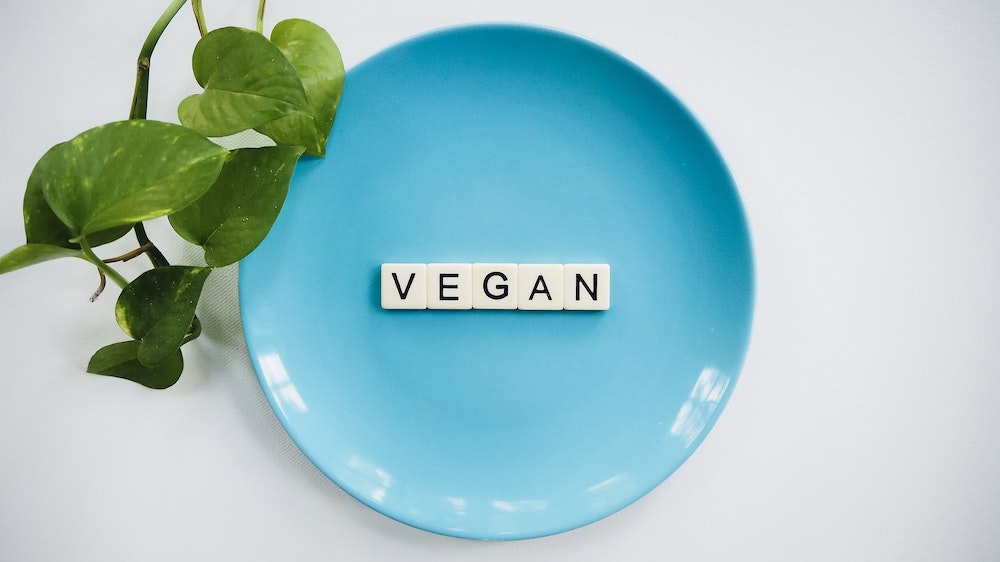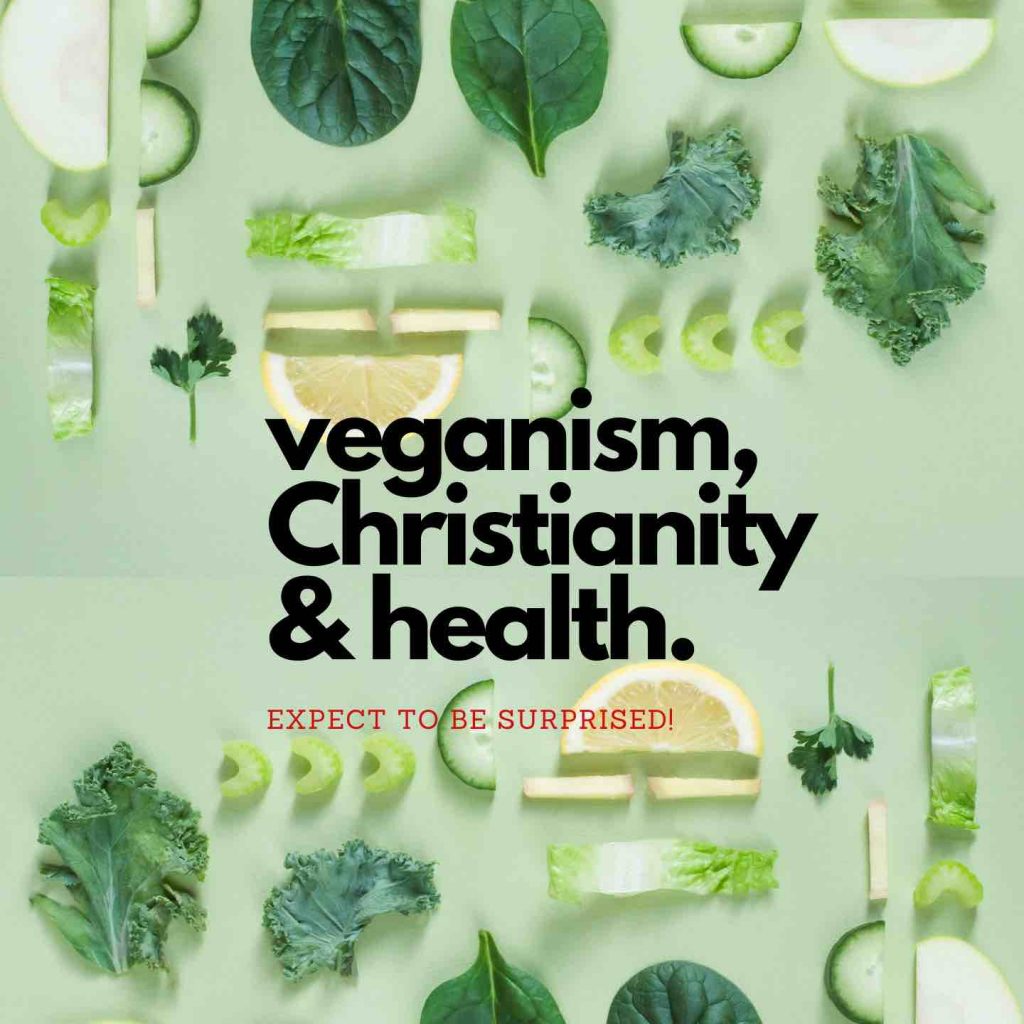
In our article about Veganism we are covering a brief history of it, but also discussing the influence of religion. You will find a few very interesting facts, no doubt about that! We go on to paint a very concise picture of our nearest future. Stay with us!
That Word ‘Vegan’
The word ‘vegan’ is with us from 1944, officially from 1962, but veganism has been with us for quite some time now.
Veganism is celebrated with its own holiday on 1st November every year. But do you know that some of the first vegetarians and vegans originated from the Indian subcontinent as well as parts of Eastern Europe?
One of the first known vegetarians recorded was Pythagoras of Samos back in 500 BC. As well as the well-known triangle theorem, he is lesser known for his belief in kindness and appreciation of all animals which included human beings.
One of the earliest known vegans was the poet al-Maʿarri who was born in 973 in the Arabian peninsula. Whilst his argument for veganism was based mainly on health, he also believed in animal welfare, the transmigration of souls and the view that if humans deserve justice, then so do animals.
Vegan & Vegetarian Societies
In 1843, Alcott House in England was the home of the British and Foreign Society for the Promotion of Humanity and Abstinence from Animal Food. It was led by Sophia Chichester who was a wealthy benefactor of Alcott House. The first official vegetarian society was co-formed in Alcott House in 1847 and was first chaired by a man called James Simpson.
Three years later, Rev. Sylvester Graham co-founded the American Vegetarian Society. Graham was a Presbyterian minister and his followers obeyed his strict instructions for a virtuous life which included vegetarianism, temperance, abstinence, and frequent bathing. After further research, Graham believed that meat was a temptation sent by God and was gluttonous and corrupted the body and soul. Back then ministers preached that abstention of meat could help cure you.
At the age of 14 he became a vegetarian after watching his father kill a pig on the family farm, a boy named Donald Watson chose to become vegetarian. Then in England in 1944 he created the world’s very first vegan society. He is also credited as the man who created and first used the term vegan.
The word was created from the first three and last two letters of vegetarian, as he believed that veganism was the beginning of the end of vegetarianism. It was meant to describe the individuals who identified as vegetarian but did not eat honey, eggs or dairy products. Despite the increased use of the word vegan, it was not officially added to the dictionary until 1962.
In November of 1944, he distributed the first Vegan Society newsletter to all 25 members of the society. The newsletter was called ‘The Vegan News’, and is still used electronically today by society.
At the time a vegan was a person who avoided meat, fish, honey, dairy and eggs. However, as time has progressed, the terminology of veganism has evolved into what we know today. That term now includes the use of any animal derivative for any part of life.

Religion & Veganism
Religion has shaped the world for centuries, so is the consumption of meat with no exception. Whilst a very large part of the world’s population identifies themselves as a follower of the faith, many of them incorporate vegetarianism or meat avoidance as part of their belief.
Jainism
In Jainism, vegetarianism is based on the principle of ahimsa or nonviolence. Vegetarianism is considered mandatory for everyone. Jains are either vegan or lacto-vegetarians, which permits the consumption of dairy. However, they cannot use or consume products obtained from dead animals. To add to this, Jains try to avoid unnecessary injury to plants and the unseen organism. The goal is to live life and cause as little violence to living things as possible. This means they avoid eating roots, tubers such as potatoes, garlic and anything that involves uprooting a plant to obtain food.
Hinduism
While vegetarianism is an integral part of Hinduism, there are a wide variety of practices and beliefs that have changed over time. Some sects of Hindus do not observe vegetarianism, while an estimated 33% of all Hindus are vegetarians.
The principle of ahimsa applied to animals is connected with the intention to avoid negative karma which results from violence. The suffering of all beings is believed to arise from craving and desire, conditioned by the karmic effects of both animal and human action. The violence of slaughtering animals for food, and its source in craving, reveal flesh-eating as one mode in which humans enslave themselves to suffering. The question of religious duties towards the animals and of negative karma incurred from violence against them is discussed in detail in Hindu scriptures and religious books.
Buddhism
The First Precept prohibits Buddhists from harming other sentient living beings and, of course, it means no killing people or animals.
The matter of whether this forbids Buddhists from eating meat has long been a topic of debate. The first Buddhist monks and nuns were forbidden from growing, storing, or cooking their own food. They relied entirely on the generosity of others to feed themselves and were not allowed to accept money to buy their own food. They could not make special dietary requests and had to accept whatever people had available, which times would have included meat. Though good laypeople would never give meat to their monks.
Today all Buddhists, including monks, are allowed to practice vegetarianism if they wish to do so. This practice is dependent on a Buddhists location in the world, however, it is thought that at least 50% of Buddhists across the world practice vegetarianism.
Christianity
It may seem that Christianity is the one main world religion that does not strictly avoid meat consumption. Though it is not true. The issue comes from a multitude of errors in Bible translations and so many modifications since.
If you read the book of Genesis, after creating humans, God addresses them in chapter 1, verses 29–30 as follows:
God said, “See, I have given you every plant yielding seed that is upon the face of all the earth, and every tree with seed in its fruit; you shall have them for food. And to every beast of the earth, and to every bird of the air, and to everything that creeps on the earth, everything that has the breath of life, I have given every green plant for food“. And it was so.
It is obvious that God prescribes a plant-based diet not just for humans, but for all land-based non-human animals. Vegetarians and vegans who follow Christian faith point out that it was this creation—where all creatures ate plants—that God then declared “very good” in verse 31.
The idea that God intended for all His creatures to eat plants is further supported by noting that the vision of the Peaceable Kingdom found in Isaiah suggests that God will one day restore creation to such a state.
Isaiah 11:6–9 reads:
“The wolf shall live with the lamb, the leopard shall lie down with the kid, the calf and the lion and the fatling together, and a little child shall lead them. The cow and the bear shall graze, their young shall lie down together, and the lion shall eat straw like the ox. The nursing child shall play over the hole of the asp, and the weaned child shall put its hand on the adder’s den. They will not hurt or destroy my holy mountain; for the earth will be full of the knowledge of the Lord as the waters cover the sea”.
Christians nowadays just inherited a very healthy tradition of the Lent. In an example, the Great Lent is all about the 40 days of abstention of meat before Easter. For many Orthodox Christians, this tradition is still observed.
Veganism Today
Veganism has come a long way since first recorded in 500BC with Pythagoras, and the current trend is growing fast and steady. Over the last few years, many restaurants and supermarkets have updated their offerings of vegan dishes and food to meet the demand. It appears to be profitable for them, but it is also very healthy for us, consumers.
We at Living Vino are huge advocates for reducing meat intake and eventually switching to a full vegan, whole-foods plant-based diet and lifestyle. Provenance of wine and food is important.
Meat is harmful to our health, environment and is a product of killing another sentient being. The way we waste resources with meat and dairy agribusinesses is awful.
Veganism: An Outlook to The Future
Surely, we cannot change this situation overnight, but we want Governments to adopt a very high tax on meat, so everyone pays a very high price for environmental damage.
Current healthcare crisis tells us the same story – we as humankind need to change our lifestyle habits or we would be wiped out. Food safety is playing a critical role now and avoiding ‘wet markets’, but also meat and dairy are also very important.

After all, hummus has never caused a pandemic!
We at Living Vino are blessed to be able to transform the values of kindness and healthy lifestyle by offering our customers high-quality vegan dishes. We source the ingredients from organic farms and do not use dairy, eggs, honey or any kind of animal-derived products in our food. It guarantees maximum possible food safety, but also nutritional value, incredible benefits for your immunity, gut health and increased happiness. Here is a bit more about our values and a pledge to every of our customers.
Our strong belief is that the world is getting better and veganism is here to be a catalyst for a positive change.
Let’s smile more, eat healthy and nutritious food (wholesome plant-based) and drink some natural wines socially. There are ways how to drink better wines, always!
Kindness and joy should not be alien, let’s share these values with our loved ones. Cheers!

Join Living Vino Club!
Sign up today for free to:
- Be the first one to know about our new vegan dishes, events and offers;
- Receive invites for our Members-only dinners with winemakers;
- Take part in our giveaways;
- Receive your 10% discount code now!
Simply sign up with your email & you’re in!



